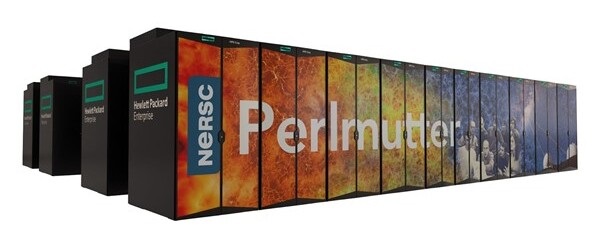
Old Vintage Computing Research
Today you'd laugh your fool head off at the very thought of "Itanic" taking over the world, but when it was announced in October 1998 Monterey was a credible threat. By having IBM, SCO, Sequent (which IBM bought) and Intel as backers its ascent to dominance seemed inevitable, and its ability to run on existing and future hardware along with the jackboots of AIX and the multiprocessing strength of Dynix was thought to be strongly appealing to high-end enterprise IT. (The issue of IBM's then-contemporary POWER server line and Intel's Pentium server offerings potentially in direct competition was handwaved away.) A long list of the usual hangers-on backed it at the time as well, including Acer, Compaq, Groupe Bull, Samsung and Unisys.
The damn thing actually shipped, too, because most of it was based on already extant code. Project Monterey's first release was to essentially repackage AIX on POWER, and UnixWare 7 and DYNIX/ptx on x86; in 2000 the next wave and the "real" Project Monterey was AIX 5L for IA-64, which IBM actually sold on request and apparently had some small number of running systems in the wild.
Oddly, what doomed Project Monterey was Linux on IA-64, the so-called "Trillian Project" that emerged in mid-1999. Intel, always one to hedge its bets, was part of that effort along with Silicon Graphics, VA Linux and Hewlett-Packard, but most of the work was done by Cygnus before their eventual purchase by Red Hat. SGI and HP, of course, made their own Itanium machines; HP, to its current chagrin, still does. As if in response IBM promised Monterey would have strong Linux compatibility, but if you needed Linux compatibility as a primary feature, why not just run Linux? A Caldera executive was quoted in InfoWorld that year saying, "I would expect over the next one to two years [Linux for IA-64] will catch up and in some cases exceed Monterey, for no other reason than the sheer number of people contributing to Linux."


















